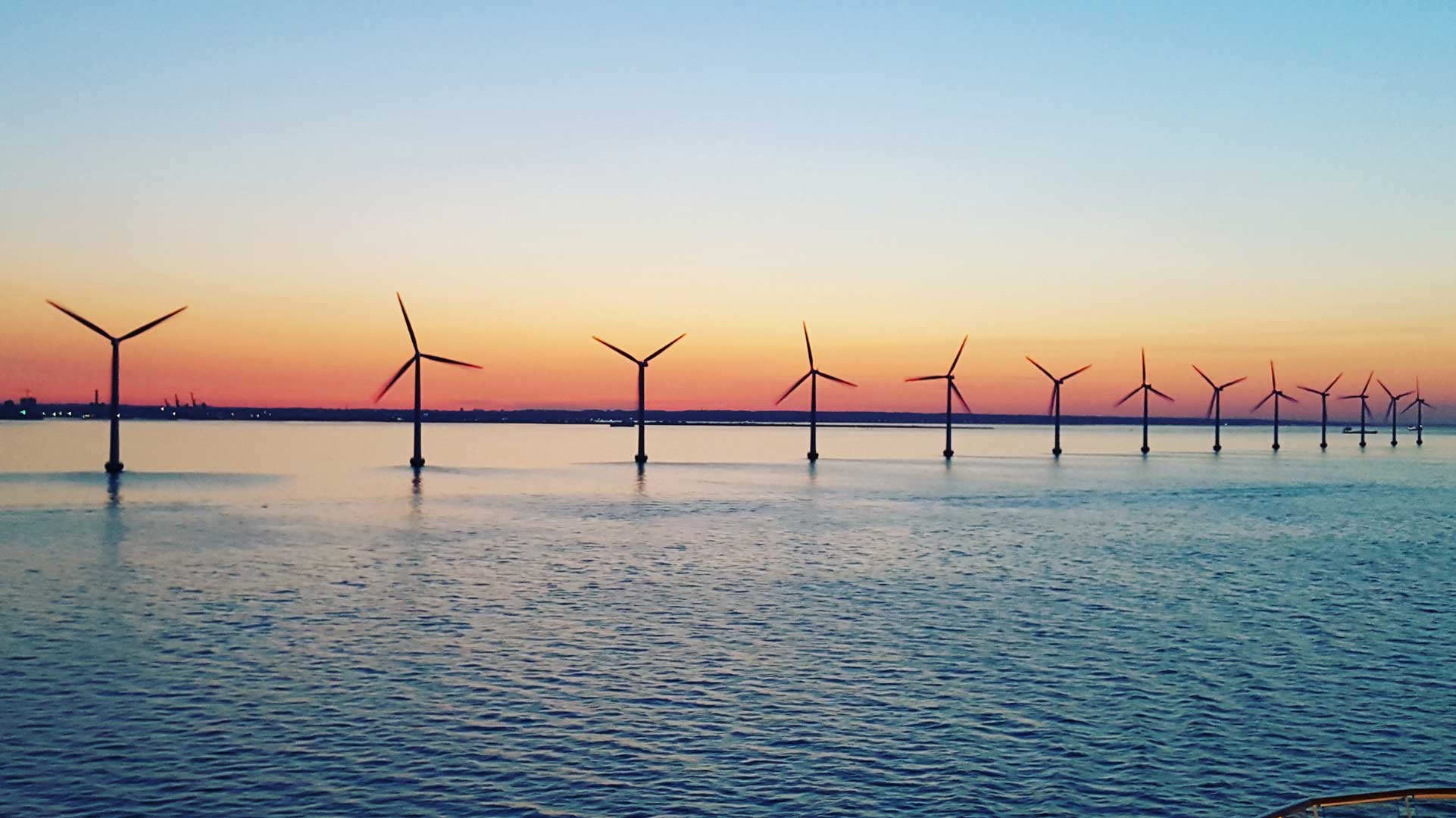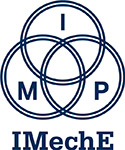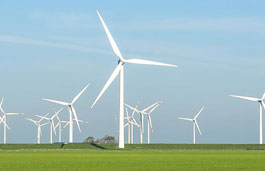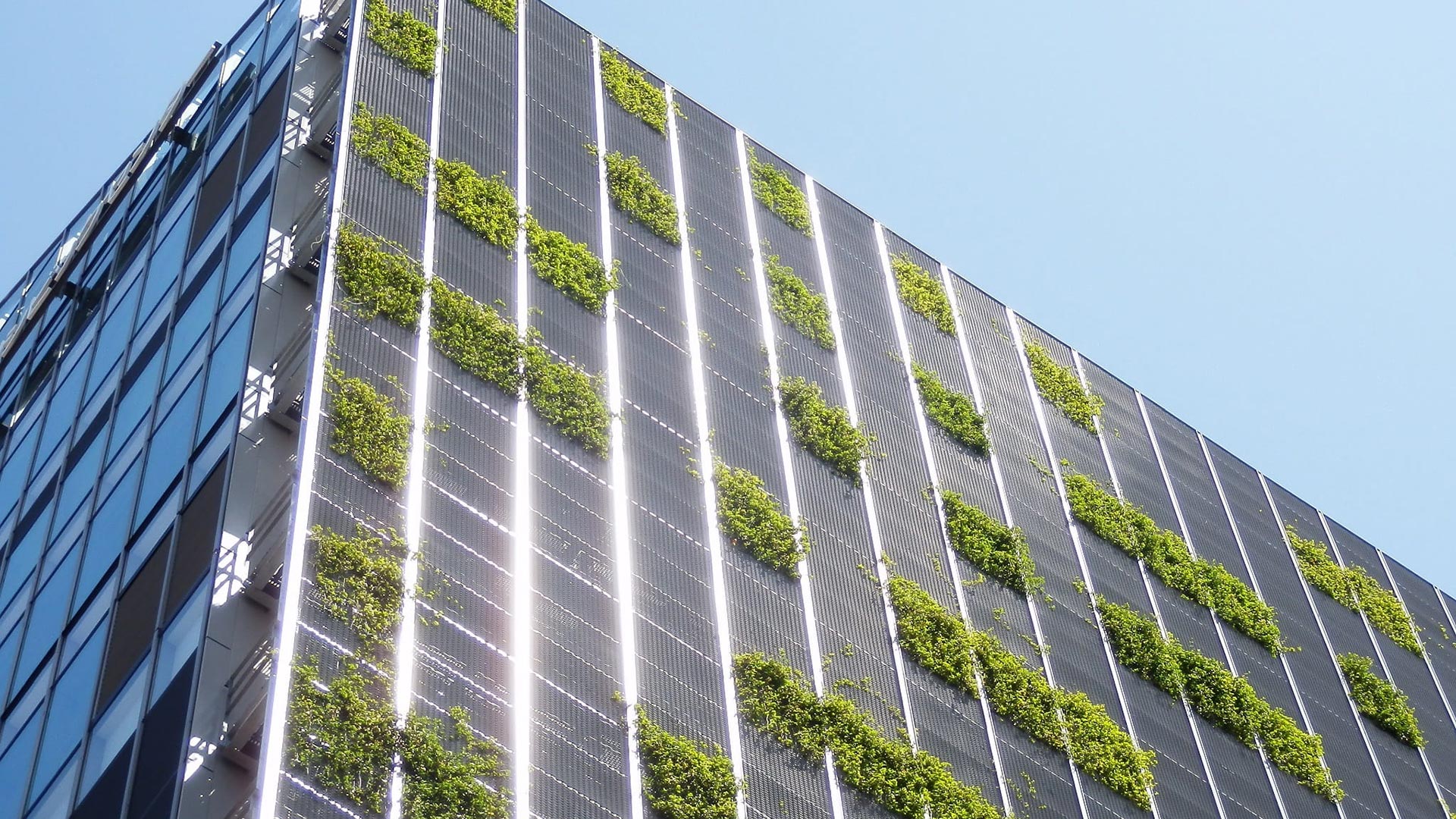Search
Renewable Energy Engineering MSc
Study level: Postgraduate
Develop the advanced skills needed in renewable heat, power and transportation technologies to tackle global energy challenges and drive carbon reduction.
Year of entry
2025-26
Location
Coventry University (Coventry)
Study mode
Full-time
With Professional Placement
Duration
1 year full-time
Up to 2 years full-time with professional placement
Course code
EEST052
Start date
September 2025
November 2025
January 2026
March 2026
May 2026
July 2026
Course overview
This course aims to prepare engineering graduates to drive the growing renewable energy sector, combat climate change and advance the United Nations' Sustainable Development Goals.
- Focus on renewable technologies for heat, power and transportation, with an emphasis on cost-effective carbon reduction.
- Gain practical experience through field trips to energy plants, wind farms and hydropower sites.2
- Special focus is placed on cutting-edge technologies like AI for energy optimisation, IoT in smart energy systems and advanced energy solutions.
5 QS Stars for Teaching and Facilities
QS Stars University RatingsRanked 9th Modern University in UK by the Times
The Times and Sunday Times Good University Guide 2025Ranked 4th for Overall Satisfaction in PTES
Postgraduate Taught Experience Survey (PTES) 2025Why you should study this course
- Experience hands-on lab work with industry-standard equipment and access to tools for energy and environmental engineering.4
- Gain comprehensive knowledge in solar, wind and hydropower engineering, covering the design, evaluation and application of these crucial renewable energy sources.
- Explore cutting-edge technologies like hybrid energy systems, smart grids and hydrogen energy. This should prepare you for the evolving landscape of sustainable energy and equip you to address global energy challenges.
- Learn valuable systems engineering skills including CAD software proficiency and design optimisation techniques.
- Gain practical experience and boost your CV with an additional professional placement. See modules for more details.2
Accreditation and professional recognition

IMechE Membership Partner
We are a Membership Partner with the Institution of Mechanical Engineers (IMechE).
Working in collaboration with the IMechE we aim to ensure our engineers and technical teams meet industry-recognised standards of engineering excellence.
We are committed to the professional development of everyone within our organisation and recognise that professional registration and recognition are crucial in helping our employees and business grow and excel.
What you'll study
This course emphasises environmental policies, energy system design and the role of renewable energy in combating climate change. Through practical projects and industry applications, the focus is on developing your technical expertise and problem-solving skills.
We regularly review our course content, to make it relevant and current for the benefit of our students. For these reasons, course modules may be updated.
How you'll learn
Teaching and learning methods may include:
- lectures
- seminars
- tutorials
- presentations
- group projects
- workshops
- practical laboratory sessions.
Teaching contact hours
As a full-time postgraduate student, you will study modules totalling 180 credits each academic year. A typical 30-credit module requires a total of 300 hours of study. Study hours are made up of teaching contact hours, and guided and independent study.
Teaching hours
Teaching hours may vary, depending on where you are in your studies, but on average you will have between 8 and 12 teaching and learning hours each week. You will also have the opportunity to attend optional sessions including time with a Success Coach or to meet with staff for advice and feedback.
Guided and independent study
Throughout your studies, you will be expected to spend time in guided and independent study to make up the required study hours per module. You will be digging deeper into topics, reviewing what you’ve learnt and completing assignments. This can be completed around your personal commitments. As you progress to the end of your studies, you’ll spend more time on independent learning.
Online learning
As an innovative university, we use different teaching methods, including online tools and emerging technologies. So, some of your teaching hours and assessments may be delivered online.
Assessment
This course will be assessed using a variety of methods which could vary depending on the module. Assessment methods may include:
- tests
- essays
- exams
- practical coursework
- assignments
- project / group work
- presentations.
The Coventry University assessment strategy aims to ensure that our courses are fairly assessed and allows us to monitor student progression towards achieving the intended learning outcomes.
Entry requirements
Typical entry requirements:
Fees and funding
| Student | Full-time | Part-time |
|---|---|---|
| UK, Ireland*, Channel Islands or Isle of Man | £11,200 £1,500 professional placement fee (if placement secured) |
Not available |
| EU | £11,200 per year with EU Support Bursary** £1,500 professional placement fee (if placement secured) per year with EU Support Bursary** £18,600 per year without EU Support Bursary** £1,800 professional placement fee (if placement secured) per year without EU Support Bursary** |
Not available |
| International | £18,600 £1,800 professional placement fee (if placement secured) |
Not available |
For advice and guidance on tuition fees3 and student loans visit our Postgraduate Finance page and see the university's Tuition Fee and Refund Terms and Conditions.
We offer a range of International scholarships to students all over the world. For more information, visit our International Scholarships page.
Tuition fees cover the cost of your teaching, assessments, facilities and support services. There may be additional costs not covered by this fee such as accommodation and living costs, recommended reading books, stationery, printing and re-assessments should you need them.
The following are additional costs not included in the tuition fees:
- Any optional overseas field trips or visits: £400+ per trip.
- Any costs associated with securing, attending or completing a placement (whether in the UK or abroad).
*Irish student fees
The rights of Irish residents to study in the UK are preserved under the Common Travel Area arrangement. If you are an Irish student and meet the residency criteria, you can study in England, pay the same level of tuition fees as English students and utilise the Tuition Fee Loan.
**EU Support Bursary
Following the UK's exit from the European Union, we are offering financial support to all eligible EU students who wish to study an undergraduate or a postgraduate degree with us full-time. This bursary will be used to offset the cost of your tuition fees to bring them in line with that of UK students. Students studying a degree with a foundation year with us are not eligible for the bursary.
Facilities
Our renewable energy lab is equipped with advanced tools and technologies for studying renewable energy systems such as solar panels, wind turbines and energy storage systems.
With our water flume, you will study fluid dynamics, hydrodynamics and water flow behaviour, essential for understanding hydropower generation and the influence of fluid mechanics on engineering designs.
Our simulation centre is designed for immersive simulation experiences. It offers virtual environments for real-world problem-solving in engineering projects including renewable energy scenarios.

Lanchester Library
The library is usually open 24/7, in term-time. It’s where you can access your course’s specialist Academic Liaison Librarian. It’s also home to specialist teams which can support you with your academic writing and maths and statistics questions.

The Hub
The Hub is the centre of student life on campus. Facilities include a food court, convenience store, multi-faith centre, medical centre, hairdresser, coffee shops and the Your SU offices. It has fully licensed function spaces and a bar.

Careers and employability
Get one-on-one career and employability guidance lasting up to 36 months from the end of your course. We’ll help you find placements and graduate roles, offer CV and application checks, mentoring, skills workshops, employer events and more.
Facilities are subject to availability. Access to some facilities (including some teaching and learning spaces) may vary from those advertised and/or may have reduced availability or restrictions where the university is following public authority guidance, decisions or orders.
Careers and opportunities
Graduates of this course may consider roles such as:
- solar energy engineer
- wind energy engineer
- renewable energy systems design engineer
- energy storage engineer
- grid integration engineer.
On successful completion, you will be able to:
- select and apply appropriate systematic analysis methods to critically evaluate and solve complex renewable energy engineering problems.
- analyse different energy resources and conversion processes using analytical modelling, experimental techniques and numerical simulations
- critically access the use of renewable energy systems to mitigate climate change and improve the environment and social welfare.
- make and justify decisions for selecting and optimising renewable energy products and systems based on technical, environmental, economic, risk and social criteria.
- develop innovative solutions to meet the current global sustainability and renewable energy challenges.
- demonstrate the application of legal and ethical requirements associated with renewable energy in an industrial environment.
- apply the necessary study and research skills to support the analytical, critical and reflective requirements of written, oral and group assessments.
- contribute to a team with the necessary planning, reviewing, adaptability, drive and leadership to achieve the required objectives and observe work schedules.
- clearly communicate research, concepts, solutions and recommendations, and demonstrate a professional approach to written and/or oral presentations.
How to apply
You may also like

Renewable Energy Management MSc






